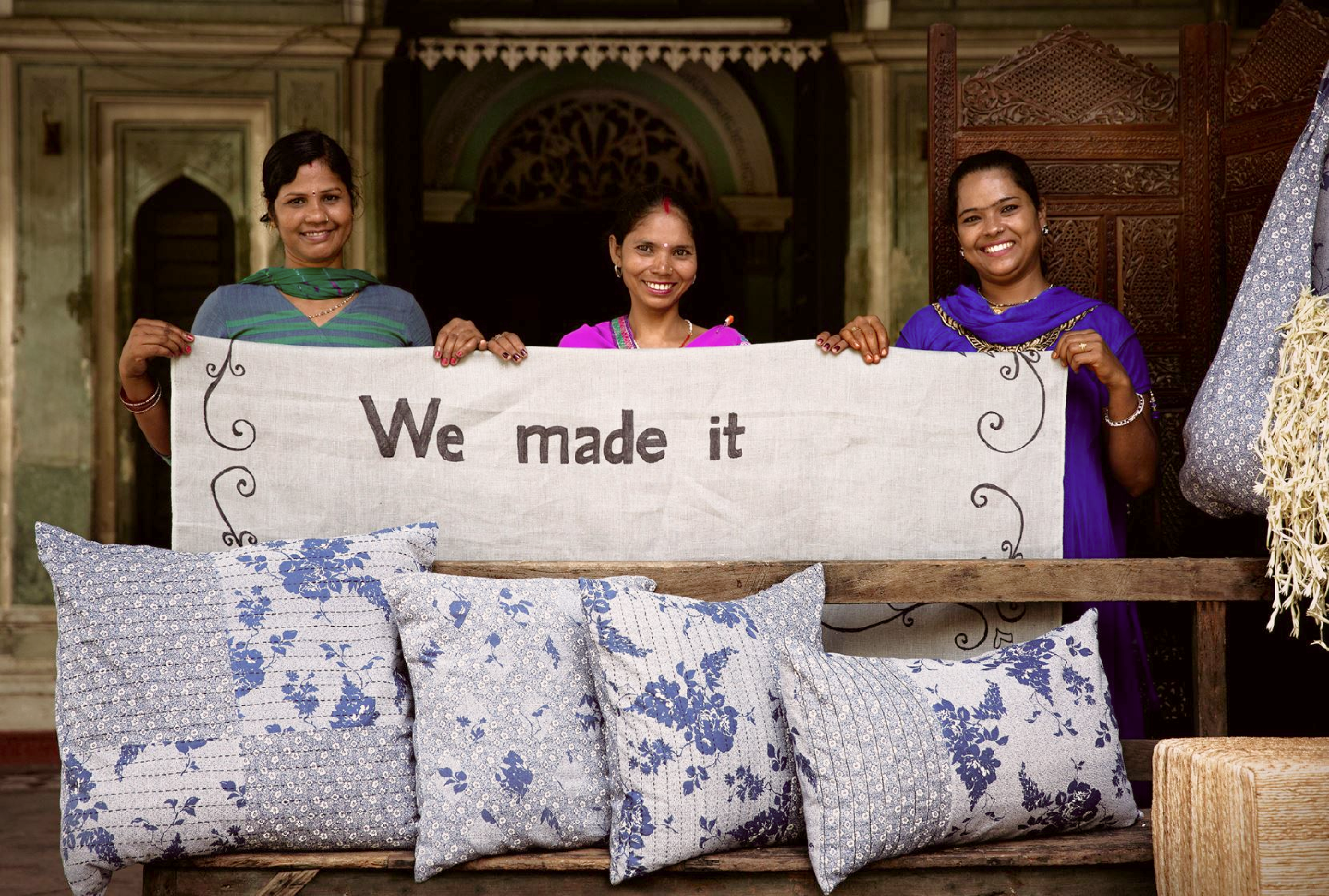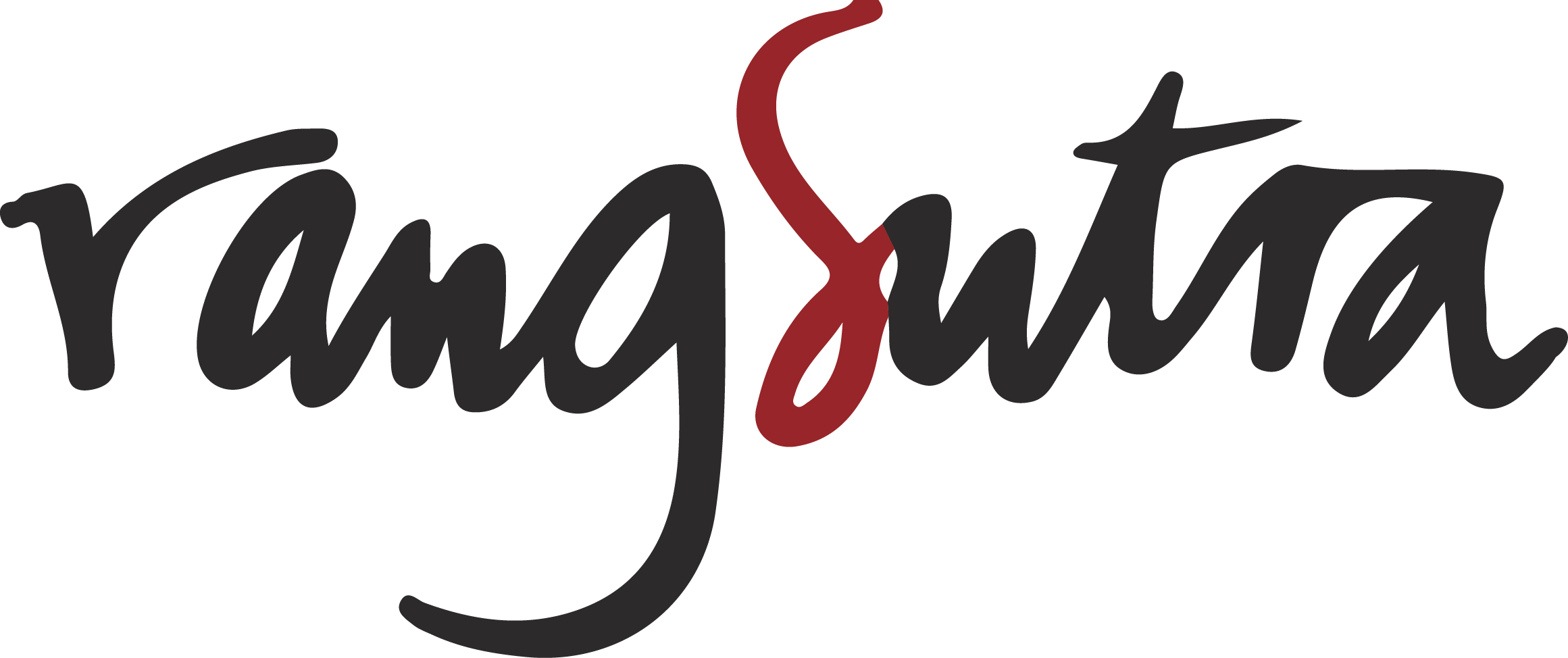

RANGSUTRA CRAFTS INDIA LIMITED

Rajasthan, India
January 2025
Textiles
Manufacturing
India
Rangsutra, an 18-year-old artisan-owned company, crafts unique, ethically handcrafted, fair trade, high-quality, and environmentally responsible textile products at scale. Catering to both B2C and global/domestic B2B retailers, the company fosters sustainable livelihoods for rural artisan communities while promoting inclusive growth. Its mission is to build a community of responsible makers and customers in India and globally, adhering to rigorous compliance standards and enhancing socioeconomic impact for its artisan shareholders. With over 2,000 artisan shareholders across Rajasthan, Uttar Pradesh, Kashmir, and Manipur, 80% of whom are women, Rangsutra was founded in 2006 by Sumita Ghose to provide skilled rural artisans with sustainable livelihoods and market linkages. Artisans are active participants in the supply chain, benefiting from training in production planning, quality control, and design. As a trusted partner for retailers like Ikea, C&A, Fabindia, Jaypore, and Swadesh, Rangsutra delivers handcrafted products at scale, meeting international standards. Products are responsibly made, honouring fair trade principles, equal pay, safe environments, and skills training. Celebrating Indian craft, we create elegant, timeless garments & soft home-furnishings designed to last.
Overall B Impact Score
Governance 10.3
Governance evaluates a company's overall mission, engagement around its social/environmental impact, ethics, and transparency. This section also evaluates the ability of a company to protect their mission and formally consider stakeholders in decision making through their corporate structure (e.g. benefit corporation) or corporate governing documents.
What is this? A company with an Impact Business Model is intentionally designed to create a specific positive outcome for one of its stakeholders - such as workers, community, environment, or customers.
Workers 24.4
Workers evaluates a company’s contributions to its employees’ financial security, health & safety, wellness, career development, and engagement & satisfaction. In addition, this section recognizes business models designed to benefit workers, such as companies that are at least 40% owned by non-executive employees and those that have workforce development programs to support individuals with barriers to employment.
Community 25.6
Community evaluates a company’s engagement with and impact on the communities in which it operates, hires from, and sources from. Topics include diversity, equity & inclusion, economic impact, civic engagement, charitable giving, and supply chain management. In addition, this section recognizes business models that are designed to address specific community-oriented problems, such as poverty alleviation through fair trade sourcing or distribution via microenterprises, producer cooperative models, locally focused economic development, and formal charitable giving commitments.
What is this? A company with an Impact Business Model is intentionally designed to create a specific positive outcome for one of its stakeholders - such as workers, community, environment, or customers.
Environment 21.5
Environment evaluates a company’s overall environmental management practices as well as its impact on the air, climate, water, land, and biodiversity. This includes the direct impact of a company’s operations and, when applicable its supply chain and distribution channels. This section also recognizes companies with environmentally innovative production processes and those that sell products or services that have a positive environmental impact. Some examples might include products and services that create renewable energy, reduce consumption or waste, conserve land or wildlife, provide less toxic alternatives to the market, or educate people about environmental problems.
What is this? A company with an Impact Business Model is intentionally designed to create a specific positive outcome for one of its stakeholders - such as workers, community, environment, or customers.
Customers 2.5
Customers evaluates a company’s stewardship of its customers through the quality of its products and services, ethical marketing, data privacy and security, and feedback channels. In addition, this section recognizes products or services that are designed to address a particular social problem for or through its customers, such as health or educational products, arts & media products, serving underserved customers/clients, and services that improve the social impact of other businesses or organizations.